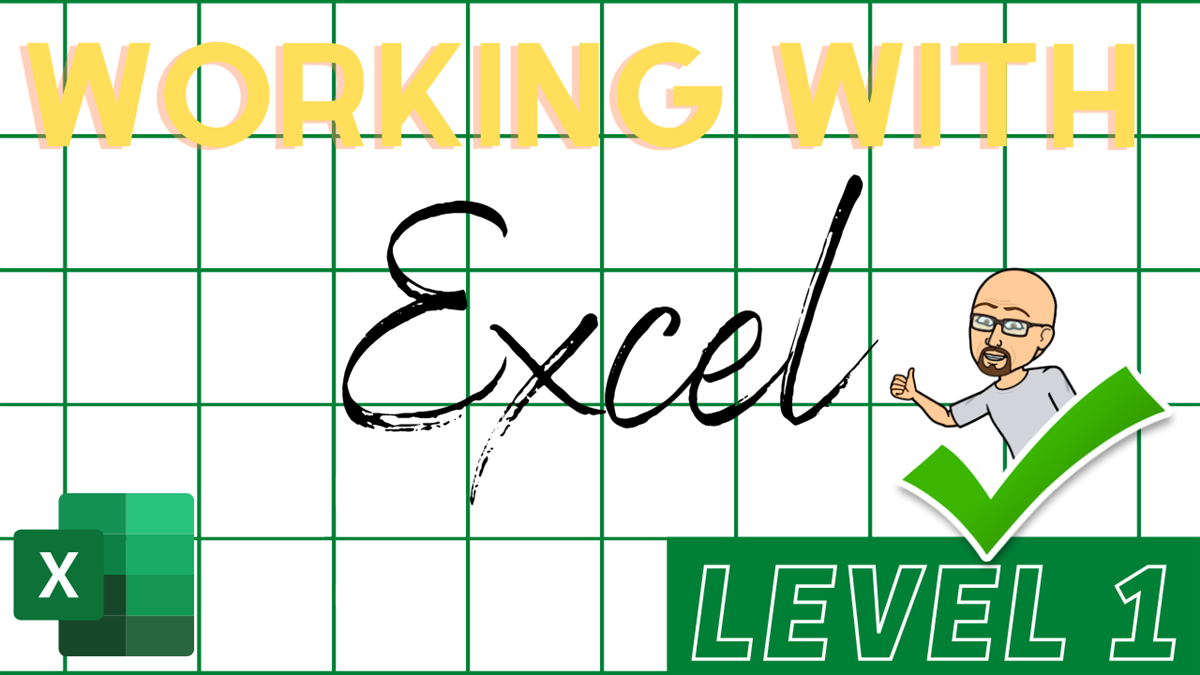
Human Resources Course: Developing HR Expertise
What topics are covered in the Human Resources course?
In a Human Resources course, topics typically include:
1. Recruitment and Selection: Methods for sourcing, attracting, and hiring qualified candidates.
2. Employee Relations: Strategies for managing employee-employer relationships, including conflict resolution and disciplinary actions.
3. Compensation and Benefits: Principles of designing and administering compensation packages and employee benefits programs.
4. Training and Development: Techniques for enhancing employee skills and knowledge through training initiatives.
5. Performance Management: Processes for evaluating and improving employee performance, including goal setting and feedback.
6. Legal Compliance: Understanding employment laws and regulations to ensure compliance in HR practices.
7. Diversity and Inclusion: Promoting a diverse and inclusive workplace culture to foster equity and belonging.
8. HR Strategy: Aligning HR practices with organizational goals and objectives to support business success.
How can this course benefit my career in HR?
Completing a Human Resources course can significantly benefit your career by providing you with essential knowledge and skills in HR practices. It equips you with expertise in recruitment, employee relations, compensation, and legal compliance, enhancing your ability to perform HR functions effectively. The course also offers insights into strategic HR management, enabling you to align HR initiatives with organizational goals. Additionally, gaining proficiency in areas like training, diversity, and performance management enhances your value as an HR professional. Overall, this course enhances your competency, credibility, and career prospects in the field of Human Resources, opening up opportunities for advancement and success.
Is this course suitable for beginners in HR?
Yes, this course is suitable for beginners in HR as it covers foundational topics essential for understanding HR principles and practices. The course provides a comprehensive overview of key HR functions, including recruitment, employee relations, compensation, and legal compliance, making it accessible to those new to the field. Additionally, the course likely incorporates practical examples, case studies, and interactive learning activities to facilitate understanding for beginners. Whether you're entering HR as a career or seeking to expand your knowledge in the field, this course offers a solid foundation to build upon and kickstart your journey in Human Resources.
Are there any assessments or exams in this course?
Assessments and exams are common components of many HR courses. These evaluations typically measure comprehension and mastery of course material. Assessments may include quizzes, assignments, case studies, or projects designed to gauge understanding and application of HR concepts. Exams may assess broader knowledge across multiple topics covered in the course, requiring students to demonstrate their understanding through written or practical assessments. The specific format and frequency of assessments vary depending on the course structure and instructor preferences. However, incorporating assessments and exams helps reinforce learning, measure progress, and ensure students grasp key concepts in Human Resources.
Can I access course materials and resources online?
Yes, many HR courses offer online access to course materials and resources. These materials may include lecture notes, presentations, textbooks, articles, videos, and supplementary resources accessible through a dedicated online platform or learning management system (LMS). Online access allows flexibility for students to review course materials at their own pace, from anywhere with an internet connection. Additionally, online platforms often facilitate communication with instructors and peers, submission of assignments, and access to discussion forums for collaborative learning. Overall, online access to course materials and resources enhances convenience and accessibility for students pursuing HR education.
Are there opportunities for networking with HR professionals during the course?
Yes, many HR courses offer opportunities for networking with professionals in the field. These opportunities may include guest lectures, panel discussions, industry events, or networking sessions organized by the course provider or institution. Additionally, online platforms and discussion forums associated with the course allow students to interact with peers and instructors, many of whom may already be working professionals in HR roles. Engaging in these networking opportunities enables students to expand their professional network, gain insights from experienced practitioners, and potentially explore internship or job opportunities in the HR field. Networking during the course enhances career prospects and fosters valuable connections in the HR community.
How long does it take to complete the Human Resources course?
The duration of a Human Resources course can vary depending on factors such as the course format, delivery method, and institution offering the program. Some HR courses are designed to be completed in a few weeks or months, offering intensive study with condensed content. Others may span a semester or academic year, following a more traditional academic schedule. Additionally, online courses often offer flexibility, allowing students to progress at their own pace within a specified timeframe. Typically, a Human Resources course can range from a few weeks to several months, depending on the depth of content covered and the frequency of study sessions.
Is there a certification or credential awarded upon completion?
Yes, many Human Resources courses offer certifications or credentials upon completion. These certifications validate the knowledge and skills gained during the course and demonstrate proficiency in HR practices to employers. Common certifications include the Professional in Human Resources (PHR), Senior Professional in Human Resources (SPHR), and Society for Human Resource Management Certified Professional (SHRM-CP). Additionally, some courses may offer certificates of completion or badges to recognize participation and achievement. Obtaining a recognized HR certification or credential can enhance credibility, job prospects, and earning potential in the field of Human Resources
















